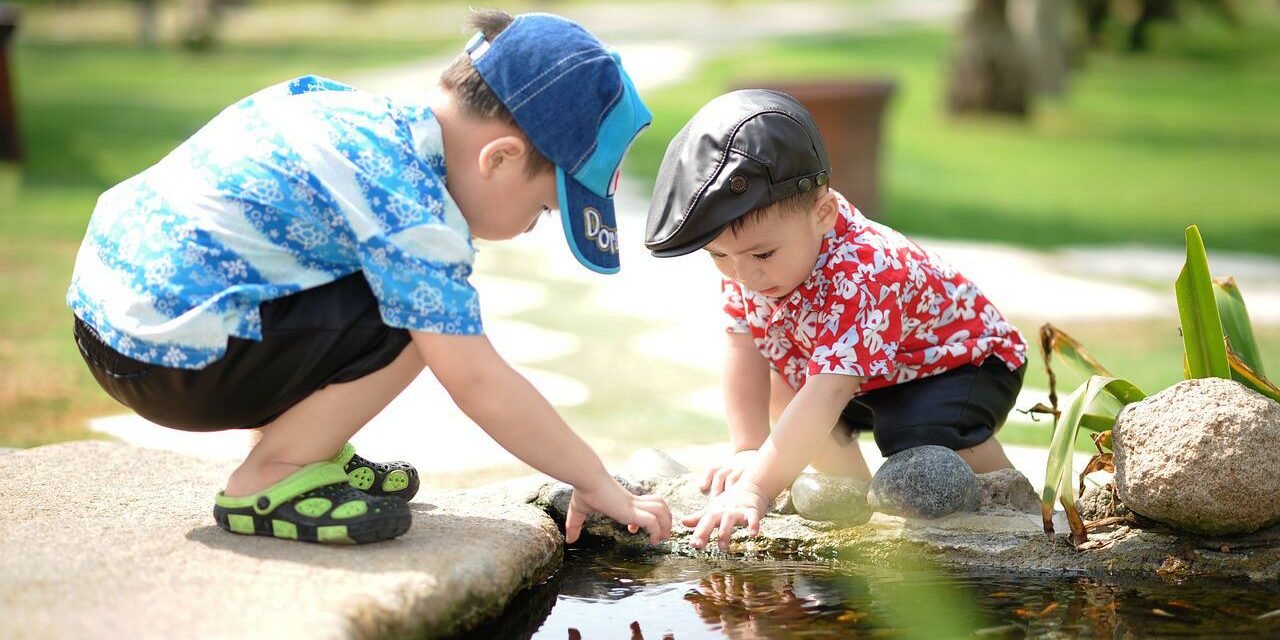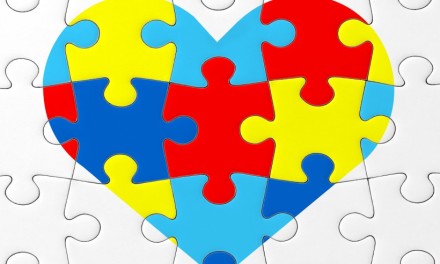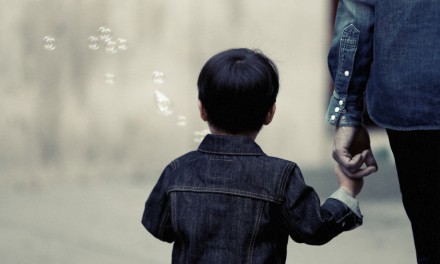The role of a parent is equal parts teacher and enforcer. And every parent has found themselves wondering why their child is doing something. If you’ve got a child that is doing something that’s putting themselves in danger or they’re going to hurt themselves, you might wonder where they got these ideas from, but rather than actually placing the blame on the child, we’ve got to think about what we can do to help them understand the components of any given situation.
Common sense is one of those things that so many people complain about because it’s used as a reason to put the child down. If your child has very little common sense, you can either blame it on the life they lead and the situations they face, but you are not putting yourself at fault. We have to teach our children common sense and intelligence, even if we don’t have any ourselves. What can we do to help them be a more responsible person and make more informed choices when faced with conflicts and struggles?
Trust Their Instincts
When we tell our children not to do something, we are sending a message to them that they shouldn’t be trying new things in the first place. The fact is that our child wants to do something because it feels good, and rather than telling our child which moves to make, we’ve got to give them a second so they can figure out the best thing to do. This is something that we all can benefit from.
As parents, we can find ourselves in stressful situations. That road trip with children making noise in the back while you’re trying to focus on the road and somebody honking behind you can skew your common sense. That sense of distracted driving is something that many truck accident lawyer firms talk about as being one of the biggest dangers.
But if we all took that opportunity to calm the situation, and listen to our gut, it can help us to make very measured decisions, which is something we can do with our children. You can look at how your child uses their senses to assess certain situations and weigh up the pros and cons. While we may have influence over our children, we still need to trust in their abilities to do the right thing. But how do we lay this road?
Starting Early
Our children need to make choices. If we do everything for them and we never let them explore, they’re not going to be as confident in making the right decisions. We have to look at ourselves and get an understanding of if we are stopping our children from doing things because we are worried they are going to hurt themselves. We need to give them a chance to choose between right and wrong and look at where the decision takes them.
We can be incredibly protective of our children and this is to the detriment of their abilities to develop as human beings. We need to instill common sense, but we have to look at our levels of common sense too. We’ve got to give them credit and put trust in their decision-making skills. The more we trust them, the more they will rely on their decision-making skills to choose the right outcome. We need to let our children see consequences by themselves, but we have to be age-appropriate. This means we’ve got to let things go within ourselves.
Learning To Switch Off “Protection Mode”
We all worry that if our child steps in the wrong direction, something will happen, but this is where we have to ingrain ourselves with perspective. If a child falls over, are they actually going to hurt themselves? This is a very delicate balancing act to take, we obviously don’t want our children to hurt themselves, but we’ve got to allow our children the ability to make mistakes, and this means we should learn how to gauge a situation appropriately.
There will be times when things are too dangerous, but we also need to allow them to fail at the same time. Mistakes are not a bad thing. We live in a world where, seemingly, we are punished for making mistakes, but this is what makes a human. Our children will inevitably make poor decisions or pick something that’s not right for them. But rather than stopping them before they venture down that route, we need to step back and trust that they have learned that, when they go down this route, next time they will pick something that works better.
Failure is not just about making the wrong decision, but also understanding that good and bad choices will have specific outcomes. Our children will ask us why when we say not to do something, but rather than responding with “because I said so,” we must provide them with the reasons why. It may take more explaining, but our children are trying to find their way in the world, and if we really want to instill them with common sense, we have to lay out consequences every single time.
What if We Don’t Have Common Sense?
They can be times that we grew up without learning any common sense, but this means that we may have learned lessons later in life than everybody else and made more mistakes. The fact is our human behavior is only controllable by us, and we cannot control our children’s behavior. We have to guide them and we have to let our children use their minds to ascertain what is right and what is wrong.
It is better to have tried and failed than to never try at all, but this saying that everybody knows is very rarely learned. So the next time your children are looking to do something, you can step back and assess the situation- if there is the likelihood of a “safe failure,” it’s far better to let them do it, because, at least they have tried!









